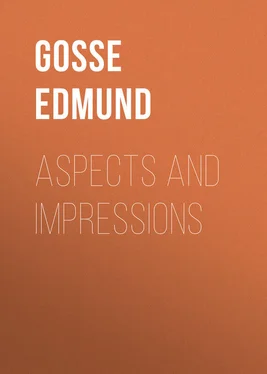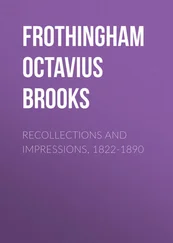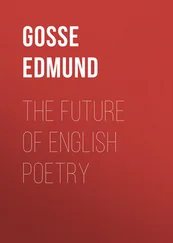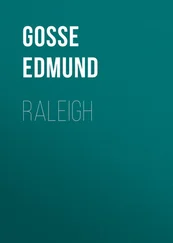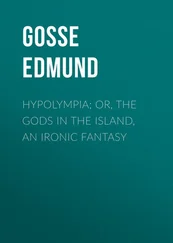This "squalid and miserable story" is told with inexorable fullness by Mr. Festing Jones. What is very remarkable about it is the evidence it gives of Butler's irregular penetration into character. He could be extremely acute in one direction and absolutely obtuse in another. The incredible indulgence which permitted him to be the dupe and victim of a scoundrel like Pauli for more than thirty years seems incompatible with the intense and suspicious analysis which he expended on the motives of his father. After all, when the worst of Canon Butler is admitted, he was a Christian and a gentleman by the side of the appalling Pauli. Yet Butler would sacrifice his father, and actually tell falsehoods, for the purpose of screening and enriching Pauli (see Vol. I., p. 114), of whose villainy he could at any moment have assured himself, and with whom he practically admits that he had nothing in common.
The Pauli episode is valuable in supplying light on certain defects in Butler's intellectual composition. In measure, it tends to explain the inconsistencies, the irregularities of his mental life, and of his action as a scholar. He was the opposite of those who see life steadily, and see it whole. He had no wide horizons, but he investigated a corner or a section of a subject with a burning glass which left all other parts of the surface in darkness. There were Paulis on his mental horizon; there were in almost everything he approached passages where his want of appreciation, his want (let us boldly say) of elementary insight, produced the oddest effect of imperfection. His literary judgments were saugrenu to the last extreme. What are we to think of a man who lays if down that "Blake was no good because he learnt Italian to study Dante, and Dante was no good because he was so fond of Virgil, and Virgil was no good because Tennyson ran him; and as for Tennyson, well, Tennyson goes without saying"? There is no critical meaning in such outbursts; they would be almost imbecile in their aimless petulance if we did not understand that Virgil and Dante and Blake lay in the dark segment of Butler's vision, and that he had not so much formed an adverse opinion of their merits as no opinion at all. If, as surprisingly he did on every occasion, he heaped contempt on Virgil, it was simply because he wanted to get Virgil well out of the way of Homer, on whom his enthusiasm was concentrated.
Конец ознакомительного фрагмента.
Текст предоставлен ООО «ЛитРес».
Прочитайте эту книгу целиком, купив полную легальную версию на ЛитРес.
Безопасно оплатить книгу можно банковской картой Visa, MasterCard, Maestro, со счета мобильного телефона, с платежного терминала, в салоне МТС или Связной, через PayPal, WebMoney, Яндекс.Деньги, QIWI Кошелек, бонусными картами или другим удобным Вам способом.
